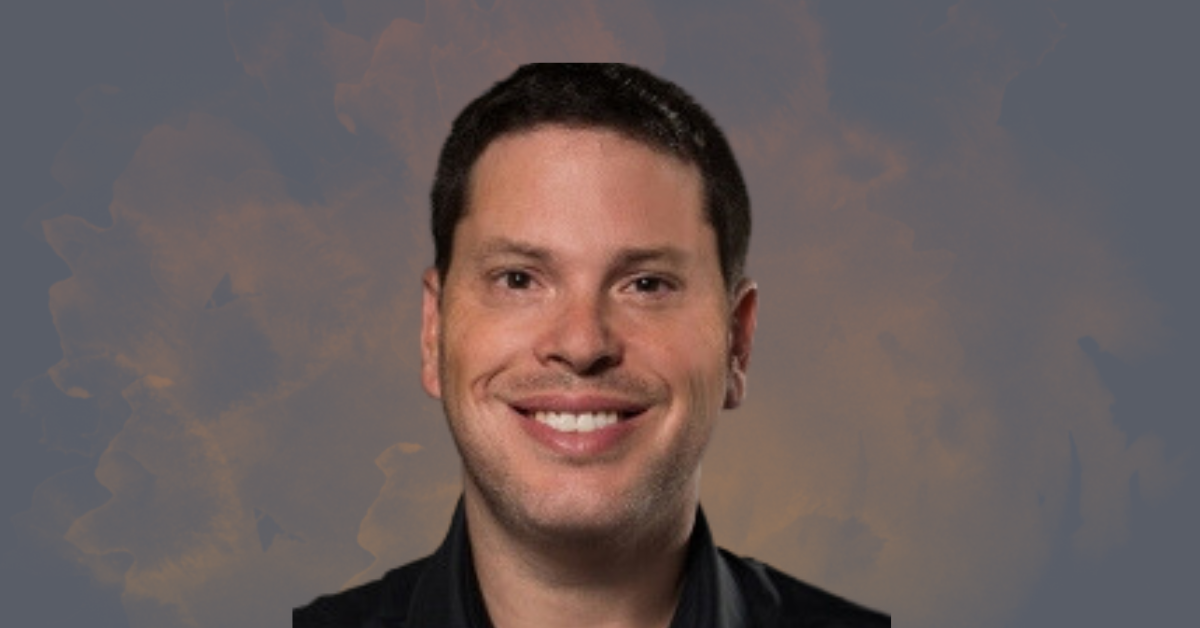Ep161: Memory and Sleep: Technologies and Techniques with Dr. Eitan Schechtman
OVERVIEW
“So if we are able to make the brain process whatever we want it to process, we can see later how these memories improve, how they changed over time, over sleep relative to others.”
Sleep is an essential part of life, and it has long been known to have healing properties. However, recent research has revealed that it is possible to manipulate sleep in order to maximize its healing potential.
Another way of manipulating sleep is through the use of cognitive behavioral therapy. This type of therapy helps people to identify and change the thoughts and behaviors that are associated with their sleep problems. It can also help people to develop healthy sleep habits, such as going to bed and waking up at the same time each day.
Finally, research has also shown that certain supplements can help to improve sleep. For example, melatonin is a hormone that helps to regulate the sleep-wake cycle, and taking a supplement of this hormone can help to improve sleep quality. Similarly, magnesium is a mineral that helps to relax the body and can also be taken as a supplement to help improve sleep.
In this episode of the Deep into Sleep podcast, host Dr. Yishan welcomes Dr.Eitan Schechtman, an assistant professor at the University of California Irvine, and head of the Cognitive Neuroscience of Sleep Lab. Dr. Schechtman discusses the modern literature and research methods used to understand how dreams and memories connect with each other, and how this connection can be used in clinical treatments. He explains that there are two lines of methods used to study memory and sleep: one is designed to solve the causality question and the other is designed to study the neural mechanisms of memory processing during sleep. Dr. Schechtman’s research sheds light on how we can manipulate our sleep, especially our dreams, to bring healing power.
It is possible to manipulate sleep and dreams in order to bring healing power.
Memory and sleep can be studied using new technologies.
The causality question is solved by targeted memory reactivation.
Stimuli such as sounds and odors can be presented during sleep in a non-disruptive way.
Björn Rasch, and Jan Born linked an odor with memories in 2007.
Ken Kaller's lab at Western used sounds linked to specific memories in 2009.
Sounds were presented during sleep unobtrusively.
Over 100 studies have been conducted with impressive replications.
Sleep can be manipulated in the same way as other forms of cognitive tasks during wakefulness.
"We can now manipulate sleep the same way we do with other forms of cognitive tasks during wakefulness.” - Dr. Eitan Schechtman
Are you so sleepy that you cannot focus? Are you tired of getting through the day drinking coffee? Are you worried how your poor sleep may impact your health? Checkout Dr. Yishan Xu’s Insomnia Treatment Course!
WHAT WILL WE LEARN
[00:00:22] Sleep and memory consolidation.
[00:05:04] Memory and sleep relationship.
[00:08:32] Impact of Sleep on Memory.
[00:13:48] Protecting Sleep for Better Memory.
[00:17:21] Dream lag effect.
[00:21:27] REM sleep and memory consolidation.
[00:09:01] Mental health in quarantine.
RESOURCES
Are you so sleepy that you cannot focus? Are you tired of getting through the day drinking coffee? Are you worried how your poor sleep may impact your health? Checkout Dr. Yishan Xu’s Insomnia Treatment Course!
Connect with Dr. Yishan
Instagram: @mind_body_garden
Twitter: @dryishan
Facebook: @mindbodygarden
Connect with Dr. Eitan Schechtma
Email: eitans@uci.edu
Twitter: @TMR_et_al
Newsletter and Download Free Sleep Guidence E-Book:
CBT-I Courses:
Podcast Links:
Apple Podcast: https://podcasts.apple.com/us/podcast/deep-into-sleep/id1475295840
Google Podcast: https://podcasts.google.com/search/deepintosleep
Spotify: https://open.spotify.com/show/2Vxyyj9Cswuk91OYztzcMS
iHeartRadio: https://www.iheart.com/podcast/269-deep-into-sleep-47827108/
Support our Podcast: https://www.buymeacoffee.com/dryishan
Leave us a Rating: https://podcasts.apple.com/us/podcast/deep-into-sleep/id1475295840

